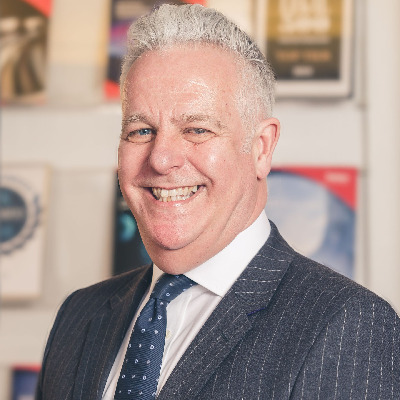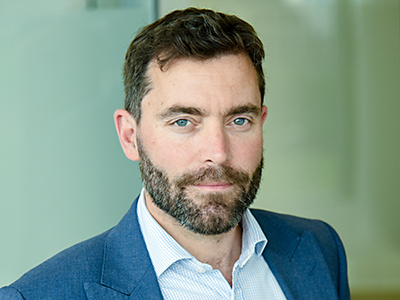Shell and Norton Rose invalidate Ensygnia mobile payment patent
Shell Oil has successfully repelled accusations that a system which allows customers to pay for their petrol at the pump, via an app, infringes a patent belonging to Ensygnia. The UK High Court had reached a decision of invalidity on the patent in question. Ensygnia develops multiple solutions for mobile payment systems.
10 July 2023 by Amy Sandys
In a case concerning a patent which covers a mobile app payment system, the UK High Court has rejected technology company Ensygnia’s claims of infringement against oil company, Shell. GB 2 489 332 C1 concerns a method and system for identifying a user via QR code, allowing them to obtain access to a registered service.
Ensygnia had accused Shell’s ‘Fill Up & Go’ system of infringing its own ‘Onescan’ process through the oil company’s own app, whereby registered Shell customers can purchase fuel at the company’s petrol stations. According to its website, Ensygnia, which began life as a start up, provides ‘Platform as a Service (PaaS) [which] combines over 350 different payment methods with secure password-less authentication”. This includes the use of QR codes for customers and retailers.
Shell extracts a win
Shell denied infringement and counterclaimed for revocation on the basis that GB 332 C1 is anticipated and obvious over the ‘Kilicote’ and ‘Schmidt’ prior art. It also advanced an argument of invalidity for added matter, extension of protection, and uncertainty insufficiency.
Thus, the court considered whether the patent was obvious or anticipated and whether post-grant amendment to the specification and claims was allowable. It also examined whether Shell’s payment system infringed the amended claims of GB 332 C1. However, presiding judge Charlotte May found the patent invalid on three grounds of added matter, scope of protection and obviousness over the LPT embodiment over the prior art Schmidt. The latter is embodied in European patent application EP 2 073 160 A1.
Invalidity means no infringement

Paul Harris
The 160 patent, filed in 2009, concerns “a secure method for cashless payment for goods or services.” Ensygnia alleged infringement of claims one and seven in respect of the three iterations of Shell’s app. All employ a static placard displaying a QR code, which is placed on top of the pump or on a structural pillar.
The claimants accepted that a fourth “modern” iteration of the Shell app does not infringe. The judge noted that should she have found the patent valid, the first iteration of the Shell app – which uses a method whereby a unique identifier stores the user’s information for future applications – would have infringed.
Shell had argued that its first-iteration system does not infringe, since the claims require one message and one server, whereas the Shell system deploys two messages.
Back in play
Mixed UK trademark and patent firm Dehns represents Ensygnia in proceedings, with partner and head of patent litigation Paul Harris leading the case. Harris took over the case from mixed IP firm Venner Shipley when he moved to Dehns in 2021, with his personal relationship to Ensygnia now stretching back six years. According to the EPO register and UKIPO database, Venner Shipley still represents Ensygnia in patent opposition proceedings.

Jonathan Ball
The London office of international firm Norton Rose Fulbright represents regular client Shell. Patent litigation partner Jonathan Ball led the case following his return to Norton Rose as a partner in September 2022.
Initially, Ball had worked at Norton Rose between 2008 and 2019, before leaving along with Huw Evans to become a partner at Gowling WLG between 2019 and 2022. Ball is now back on the Norton Rose team.
For Ensygnia
8 New Square (London): Martin Howe
Three New Square (London): Geoffrey Pritchard
Dehns (London): Paul Harris (partner); associate: David Pountney
For Shell Oil
8 New Square (London): Lindsay Lane, Beth Collett
Norton Rose Fulbright (London): Jonathan Ball (partner)
UK High Court, London
Charlotte May (deputy judge)